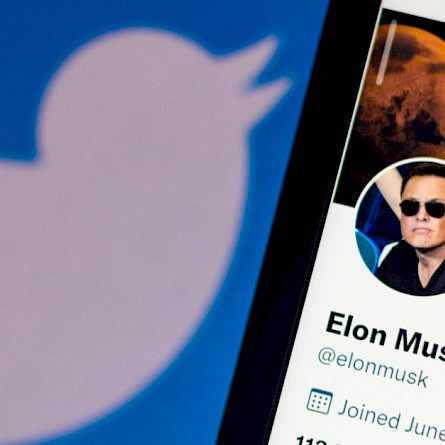Why such a big difference? Is an investor not certain of making a gain of 43%?
Unfortunately, easy money does not exist on the stock market, especially not for a “guaranteed” return of 43%.
However, this type of arbitrage situation is relatively common on the stock market. There are dozens of similar situations on the markets today. Here are four more:
Risks of failure
It is not because an offer is announced that it is guaranteed to happen. Indeed, there are a multitude of events that could prevent the completion of a transaction, including:
-Offer not accepted: The shareholders of the target company could vote against the acquisition. The price offered may seem too low to them or the conditions attached to the offer may not be acceptable.
-Due diligence: After the announcement, the acquirer could withdraw following the discovery of unknown information that materially changes the deal.
-Political pressure: The government could prevent a transaction in order, for example, to keep jobs in the country. Remember the announced acquisition of Carrefour by Couche-Tard a few years ago.
-Regulation: A transaction could be subject to approval by regulatory bodies. For example, the Competition Bureau could refuse a transaction if it judges that the combination of the two companies will create too dominant a position.
Transat
To better understand, let’s use the case of Transat.
In August 2019, Air Canada offered to acquire Transat at a price of $18 per share. During the six months following the offer, an investor could buy the shares at a price between $15 and $16. The transaction had been approved by Transat shareholders, but still had to obtain the agreement of the Canadian federal government. This arbitrage situation offered a potential gain of around 15%.
In March 2020, the pandemic hit the aviation industry and the stock fell below $10. Given the situation, the two companies agreed to reduce the acquisition price to $5 in October 2020.
A few months later, on April 2, 2021, Air Canada and Transat announced that they were ending their agreement after the European Commission stated that it would not approve the transaction. The day after the announcement, Transat stock closed at $4.69.
The case of Transat is a good example of the risk surrounding this type of transaction. You never know what can happen.
Our vision
At COTE 100, we look at many of these situations, but act very infrequently. Our vision is to value the company based on the current price and not on the potential gain. We are valuing it as if there were no offer to buy.
We believe an investor should consider whether the current price offers an attractive opportunity to acquire a quality company at a reasonable price. If the deal closes, great, we’ll pocket a profit. Otherwise, we will own a quality company for the long term, acquired at a reasonable price. Given the premiums paid on acquisitions, this type of situation is rare.
Unless there is a bidding war, it is also important to take into consideration that the gain is potentially limited. It is therefore important to properly assess the risk/return relationship offered by such situations.
The investor who buys arbitrage situations must understand that the security could revert to its pre-acquisition price if the transaction does not take place. The price could even be lower if the situation has deteriorated in the meantime.
Berkshire Hathaway
We suspect that Warren Buffett and his team are using a similar valuation approach to ours. For example, Buffett mentioned that his team acquired shares of Activision in October and November 2021 at an average price of $77.
Three months later, Microsoft announced its intention to acquire Activision for $95 a share. Now at $78, the stock has been trading for several months at a level similar to last October, when Berkshire Hathaway bought its first shares.
It is therefore not surprising to have seen Warren Buffett buy more shares of Activision Blizzard in order to take advantage of this potential gain.
In summary, the company must be assessed on the basis of the current price and not according to the acquisition price. The assessment must be made on a case-by-case basis. Some situations will be more appealing than others. As Buffett says, be patient and wait for the right pitch before hitting the ball.






